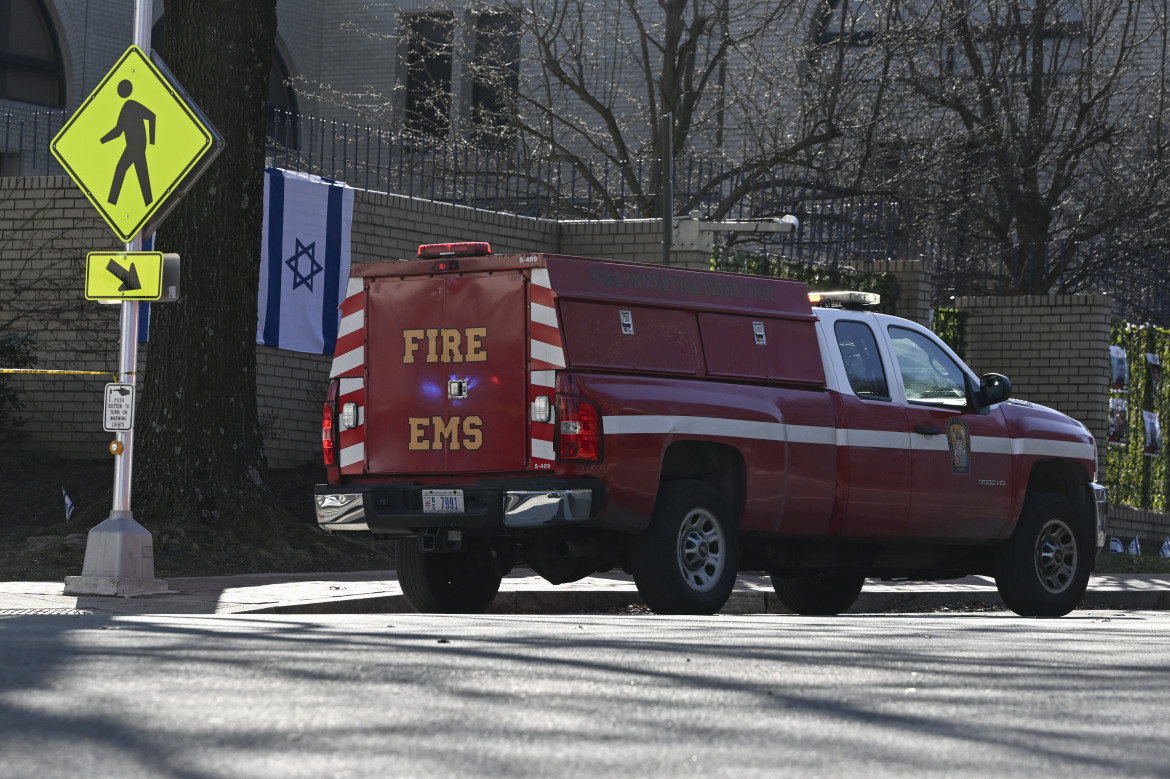Commentary
The burning of Aaron Bushnell
Aaron, with his extreme courage, sent a direct message to the Biden administration, which is vetoing the U.N. resolutions for a ceasefire.

Aaron Bushnell was 25 years old. He was a soldier in the U.S. Air Force. And, while his fellow soldiers were busy strapping bombs to jets taking off from aircraft carriers to kill Houthis in various places in Yemen, the Pasdaran in Syria and the Sunnis in Iraq (which have all mobilized with the aim of countering the Israeli “pressure” wreaking havoc in Gaza) he carried out a gesture so egregious and beyond any division between ally and enemy that the immediate reaction from many actors was to try to silence it or reduce it to “mental health issues” – as if wanting Palestine to be free was a sign of insanity.
This is not the first time something like this has happened: a young American set himself on fire in 1991 against the Iraq war, and in December 2023 another did the same in Atlanta for Palestine. But Aaron put on his military uniform and walked to the Israeli embassy in Washington, announcing on social media that he would “no longer be complicit in genocide” and that he was ready to commit “an extreme act of protest. But compared to what people have been experiencing in Palestine at the hands of their colonizers, it’s not extreme at all.”
He arrived in front of the embassy without arousing suspicion in his U.S. military uniform, put on his service cap as if he were on parade, and doused his body with flammable liquid from the canteen he was holding. Finally, he pulled out the ubiquitous Zippo lighter – how many times in American movies have we seen this routine gesture, almost a tic, associated with the “glorious” normalcy of war? – and struck up the flame. And, as an officer pointlessly held him at gunpoint, he set himself on fire, shouting “Free Palestine” over and over until he died.
Like the Buddhist monks in Saigon in the late 1960s against the U.S. war in Vietnam, and like Jan Palach against the normalization of the Prague Spring.
Just like back then, we have a duty to shout out the words of the poet Jaroslav Seifert: “You who are resolved to die, stop!” For there must be another way to stop the slaughter in Gaza. But what is it?
Aaron, with his extreme courage, sent a direct message to the Biden administration, which is vetoing the U.N. resolutions for a ceasefire; which is denying the evidence of the “plausible genocide” for which Israel is on the stand as defendant before the Hague Court; which is also glossing over the truth about the occupied Palestinian territories; which has suspended aid to the UNRWA, the only body that has been aiding Palestinians for 75 years; and which – with the obsequious subservience of Italy, among others – is starting a new war, in Yemen, without seeing that the conflict has arisen in reaction to the ongoing slaughter in Gaza, and that it ought to end that one instead of igniting another.
We realize that we are out of step with “mainstream journalism,” the kind that buries the real news, because now everyone is touting the soon-to-be Hamas-Israel agreement – a win for the diplomacy of the victors, which has allowed Netanyahu to perpetrate the disproportional slaughter in revenge for the October 7 massacre. Aaron did not trust the politicians’ words; he knew for sure that, sadly, given the disparity of forces and the indiscriminate devastation of the Strip, the litany of civilian deaths will not end with the pretend handshakes of the powerful.
This is what he wanted to devote his young life to, his destroyed body joining the ranks of thousands of murdered Palestinian civilians who ended up in mass graves. A lesson also for the rulers and citizens of our little land formerly known as the “beautiful country,” which represses those who are taking to the streets and shouting “Free Palestine.”
Originally published at https://ilmanifesto.it/il-rogo-del-soldato-aaron-bushnell on 2024-02-27
